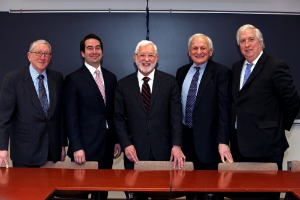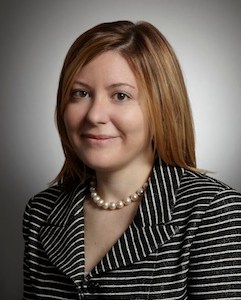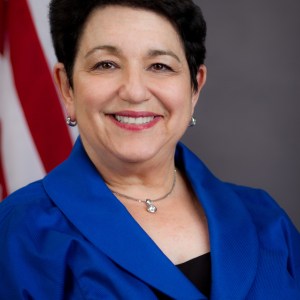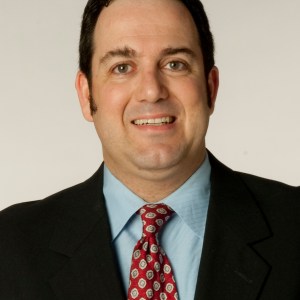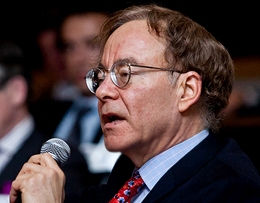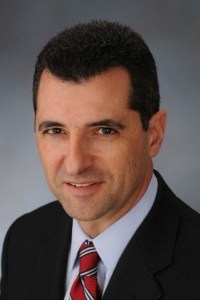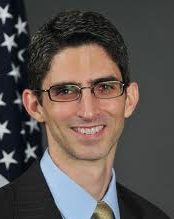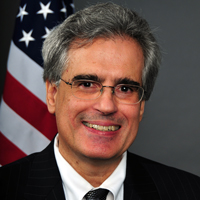Yesterday, the Securities and Exchange Commission (SEC) directly addressed the application of Regulation Fair Disclosure (Regulation FD) to corporate use of social media outlets such as Facebook and Twitter. In a Report of Investigation—a format used by the SEC to …
Traditionally, the view of the US, whether in business or academia, has been that it was a place for weak private enforcement and stronger public enforcement. However, when compared with the level of public enforcement in the European Member States, …
Something new and significant is taking shape. For a variety of reasons—the impact of the JOBS Act, the growing popularity of equity private placements, the appearance of new trading markets for venture capital and other non-reporting companies—a new tier of companies is growing rapidly that is composed of issuers that are not "reporting" companies, but that do have a significant number of shareholders. In terms of the size of their shareholder class, these companies overlap with public companies, but they trade in the dark—and actively. More importantly, as their number grows, it is predictable that existing and new trading venues will begin to compete to attract and capture the trading interest in these stocks. This column will call these firms "semi-public companies" to reflect their intermediate status, midway between truly private firms (such as early stage venture capital startups and family-held firms) and public companies.
This week, New York State Comptroller Thomas P. DiNapoli and New York City Public Advocate Bill de Blasio urged the Securities and Exchange Commission to respond to a petition I co-authored with my colleagues John Coffee, Ronald Gilson and …
Increasingly, companies are using social media, such as Facebook, Twitter, YouTube and other platforms, to engage with clients, customers, employees, shareholders and other key constituents. Promising a fast and low-cost means of disseminating information, social media also offers the potential …
Virtually all brokerage firms’ customer agreements require arbitration of disputes in the Financial Industry Regulatory Authority (FINRA) forum. FINRA regulates the contents of these predispute arbitration agreements (PDAAs) and prohibits broker-dealers from requiring customers to give up the right to …
On February 21, United States District Court Judge Jed S. Rakoff, federal prosecutor Reed Brodsky, and defense attorney Gary Naftalis, came together to discuss the Gupta insider trading case with Columbia Law School students in a seminar called Corporations in …
Although the volume of private securities class action filings has dropped recently, these lawsuits remain both a significant worry for issuers, investment banks, auditing firms and other potential defendants, and an arguably useful supplement to governmental enforcement of securities antifraud …
If nothing else, the JOBS Act has focused more attention on the “metaphysics” of securities offerings. Even those who are not securities geeks might readily acknowledge that at some point in our recent past, there were some characteristics typically associated …
A divided Supreme Court ruled on February 27th that proof of materiality is not a prerequisite to certification of a Rule 10b-5 securities fraud class action. Amgen Inc. v. Connecticut Retirement Plans and Trust Funds, No. 11-1085 (Feb. 27, …
My new Essay Should Angel-Backed Start-ups Reject Venture Capital? challenges the conventional wisdom that venture capital is a necessary – and even desirable – source of financing for all start-ups. In particular, this Essay argues that some start-ups that attract …
The following post is based on a speech Chairman Walter gave at the American University School of Law in Washington D.C. on February 19, 2013
Thank you Dean Grossman. And thank you to the Washington College of Law for hosting …
The year 2013 marks the forty-fifth anniversary of Escott v. BarChris Construction Corp., the seminal decision on the due diligence defense under Section 11 of the Securities Act of 1933. Nearly a half century after it was decided, BarChris…
On February 28, I submitted a letter on Money Market Fund Reform to the Financial Stability Oversight Council in response to their November 2012 request for comments on a number of alternative proposals. I endorse the so-called “Minimum Balance at …
The current scope of the insider trading prohibition is arbitrary and unrationalized. Both sides in the debate should be able to agree on this, as the current scope is at the same time both underinclusive and overinclusive. On the one hand, if a thief breaks into your office, opens your files, learns material, nonpublic information, and trades on that information, he has neither breached a fiduciary duty nor “feigned fidelity” to the source and is presumably immune from insider trading liability under current law. On the other hand, if an employee of an acquiring firm seeks to test out information about a potential target with a friend at a major investor in the target and that investor later acquires more stock in the target based on that conversation, it is possible under SEC v. Obus that the employee will be deemed to have violated Rule 10b-5 on theory that he made a gift of the information, even though no payment or economic benefit is paid to the alleged tipper. This is considerably grayer behavior than that of the thief. Thus, drawing lines so that the thief escapes liability, while the inquiring employee does not, seems morally incoherent. Nor are such lines doctrinally necessary.
The Dodd-Frank Act authorized the CFTC and the SEC to develop comprehensive regulations for swap transactions and security-based swaps, respectively. Considering swaps generally were unregulated before Dodd-Frank, the CFTC and the SEC have been writing for two years on a …
A series of rule changes begun under former SEC Chairman Arthur Levitt are largely responsible for turning deep, centralized, and diverse pools of liquidity for trading stocks into our current fragmented market structure.
Today’s market now includes thirteen stock exchanges …
Commissioner Paredes gave the following remarks at the SEC Speaks in 2013 in Washington D.C. on February 22, 2013. The views expressed are his own and do not necessarily reflect those of the Securities and Exchange Commission or his fellow …
My recent article, Mutual Fund Sales Notice Fees: Are a Handful of States Unconstitutionally Exacting $200 Million Each Year? appearing in the current issue of the Hastings Constitutional Law Quarterly, examines the constitutional validity of the notice filing fees paid …
In the next few months, thousands of public companies will hold their annual shareholder meetings. I would like to take this opportunity to emphasize the importance of robust proxy disclosure to shareholders and to highlight areas in which the disclosure …
 Sky Blog
Sky Blog




